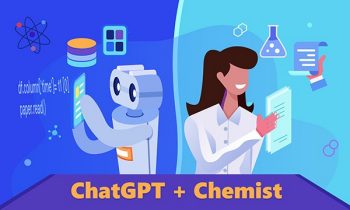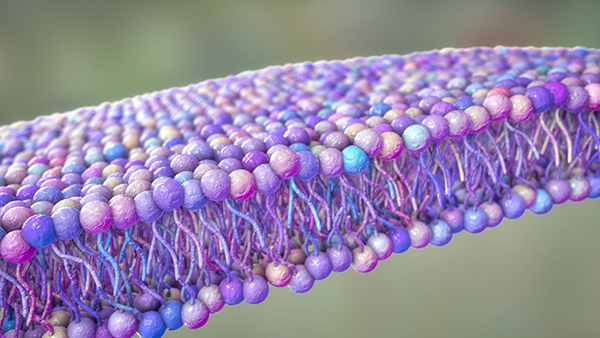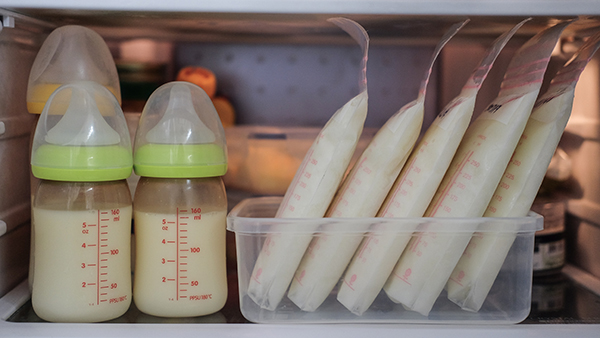FOR IMMEDIATE RELEASE
“ChatGPT Chemistry Assistant for Text Mining and the Prediction of MOF Synthesis”
Journal of the American Chemical Society

Developing new materials requires significant time and labor, but some chemists are now hopeful that artificial intelligence (AI) could one day shoulder much of this burden. In a new study in the Journal of the American Chemical Society, a team prompted a popular AI model, ChatGPT, to perform one particularly time-consuming task: searching scientific literature. With that data, they built a second tool, a model to predict experimental results.
Reports from previous studies offer a vast trove of information that chemists need, but finding and parsing the most relevant details can be laborious. For example, those interested in designing highly porous, crystalline metal-organic frameworks (MOFs) — which have potential applications in areas such as clean energy — must sort through hundreds of scientific papers describing a variety of experimental conditions. Researchers have previously attempted to coax AI to take over this task; however, the language processing models they used required significant technical expertise, and applying them to new topics meant changing the program. Omar Yaghi and colleagues wanted to see if the next generation of language models, which includes ChatGPT, could offer a more accessible, flexible way to extract information.
To analyze text from scientific papers, the team gave ChatGPT prompts, or instructions, guiding it through three processes intended to identify and summarize the experimental information the manuscripts contained. The researchers carefully constructed these prompts to minimize the model’s tendency to make up responses, a phenomenon known as hallucination, and to ensure the best responses possible.
When tested on 228 papers describing MOF syntheses, this system extracted more than 26,000 factors relevant for making roughly 800 of these compounds. With these data, the team trained a separate AI model to predict the crystalline state of MOFs based on these conditions. And finally, to make the data more user friendly, they built a chatbot to answer questions about it. The team notes that, unlike previous AI-based efforts, this one does not require expertise in coding. What’s more, scientists can shift its focus simply by adjusting the narrative language in the prompts. This new system, which they dub the “ChatGPT Chemistry Assistant,” could also be useful in other fields of chemistry, according to the researchers.
The authors acknowledge funding from the National Institutes of Health, the Kavli ENSI Graduate Student Fellowship and the Bakar Institute of Digital Materials for the Planet
###
The American Chemical Society (ACS) is a nonprofit organization chartered by the U.S. Congress. ACS’ mission is to advance the broader chemistry enterprise and its practitioners for the benefit of Earth and all its people. The Society is a global leader in promoting excellence in science education and providing access to chemistry-related information and research through its multiple research solutions, peer-reviewed journals, scientific conferences, eBooks and weekly news periodical Chemical & Engineering News. ACS journals are among the most cited, most trusted and most read within the scientific literature; however, ACS itself does not conduct chemical research. As a leader in scientific information solutions, its CAS division partners with global innovators to accelerate breakthroughs by curating, connecting and analyzing the world’s scientific knowledge. ACS’ main offices are in Washington, D.C., and Columbus, Ohio.
To automatically receive press releases from the American Chemical Society, contact newsroom@acs.org.
Note: ACS does not conduct research, but publishes and publicizes peer-reviewed scientific studies.







